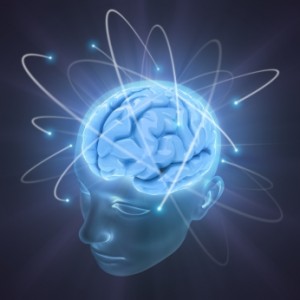 Many years ago I saw a program on the Discovery Channel. In the show several types of “geniuses” were collected: a physicist, mathematician, a spelling star, a writer, and others. All participating geniuses took a traditional IQ test, for which the physicist scored highest. But the IQ test we all know–logic puzzles and mathematics and geometry–tests to the physicists natural strengths and experience. While the other participants scored lower on that test, they scored much higher in tests measuring other human capabilities. In other words, genius is relative. And a variety of tests can identify different types of genius.
Many years ago I saw a program on the Discovery Channel. In the show several types of “geniuses” were collected: a physicist, mathematician, a spelling star, a writer, and others. All participating geniuses took a traditional IQ test, for which the physicist scored highest. But the IQ test we all know–logic puzzles and mathematics and geometry–tests to the physicists natural strengths and experience. While the other participants scored lower on that test, they scored much higher in tests measuring other human capabilities. In other words, genius is relative. And a variety of tests can identify different types of genius.
Ever since I saw this show I have been fascinated with the idea of dimensions in intelligence. I remember seeing a demonstration of a special type of intelligence on display at the World Series of Poker (WSOP) in 2004. Before I played in the WSOP, I was often the best player in local games in San Jose, California. But at that table in Vegas I was one of the worst. And one of my opponents kept proving it to me. He repeatedly announced my intent before I said anything. (Incidentally, that was an excellent tactic to intimidate me.) While that unknown gentleman may very well have failed high school math, he was a savant with respect to human behavior.
I realized then that people’s real strengths are not obvious. Indeed, uncovering them can be incredibly difficult. We are accustomed to measuring intelligence with logic quizzes and breadth of vocabulary and wittiness. But how does this account for my erstwhile poker opponent? How do we measure behavior prediction based on minute changes in posture and facial expression? And how do we recognized those that quickly master new languages? Or can readily understand emotional state in a meaningful and empathetic way?
